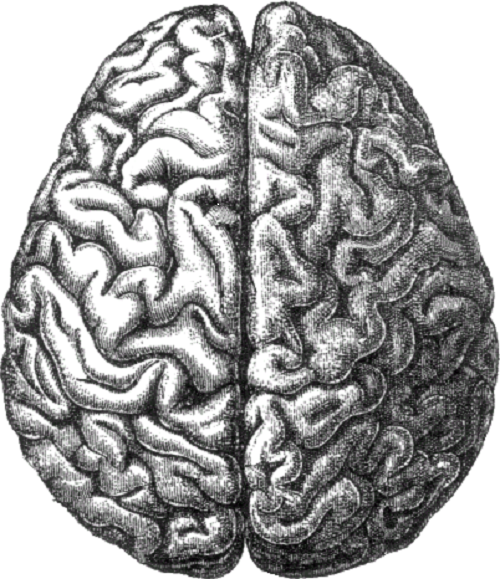Anesthesia May Kill Brain Cells in Humans, Causing Cognitive Problems After Surgery

Everyone knows that there are risks involved with undergoing surgery, but according to a new study, anesthesia may cause some people to lose their memory.
Researchers wanted to examine whether changes occurred not only in immature, developing cells of kids' brains, but also in the mature cells of adult brains. To test if these changes actually occurred, they injected newborn, juvenile, and adult mice with an anesthetic called isoflurane and found that it was toxic to a cell that help control memory and learning, called dentate gyrus, according to Everyday Health.
"We demonstrate that anesthesia-induced cell death in neurons is not limited to the immature brain, as previously believed," Andreas Loepke, study author and researcher in the department of anesthesiology at Cincinnati Children's Hospital Medical Center, said. "Instead, vulnerability seems to target neurons of a certain age and maturational stage. This finding brings us a step closer to understanding the phenomenon's underlying mechanism."
"We found something very interesting, in that cell death occurred in the spot where the dentate gyrus forms new neurons," Loepke told Fox News.
The researchers say more research is necessary in order to find the root cause and impact of anesthesia-related cell death.
"During development, [we] form twice as many neurons as we need as an adult. The brain needs to be pruned back to properly function," Loepke said. "So it's currently unknown whether anesthesia kills neurons that would have been eliminated anyways from the brain or neurons later needed for vital function."
Although these findings occurred in mice, experts believe the effect is likely to be the same in humans.
Doctors already tell patients that there may be small changes in their mental capacity after surgery, but the chances are small — only eight percent of patients have mental problems three months later, according to Dr. Jeffrey Silverstein, professor of anesthesiology, Surgery and Geriatrics and Palliative Medicine at the Icahn School of Medicine at Mount Sinai in New York City.
"Research shows that if you're exposed to these agents during the time neurons are growing, it disrupts their development," Dr. Silverstein told Everyday Health. "But this is the first paper indicting that this happens in adults."
These findings could have also contributed to the effects of anesthesia on older people that were reported last week from another study, which found that general anesthesia can increase the risk of dementia and the development of neurodegenerative disorders, such as Parkinson's and Alzheimer's disease.
They associated the initial decline in cognitive function, known as postoperative cognitive dysfunction (POCD), with promoting neuroinflammatory reactions in the brain, causing the brain's cells to degenerate.
The researchers concluded that preoperative evaluations should be taken of the elderly before administering anesthesia, however, based on the evidence from Loepke's study, doctors may want to consider these steps for people of all ages.
"You can't section a human brain," Loepke said, "... But if it were occurring in humans, we would predict that anesthetics affect neurons in patients of all ages."
Source:
Loepke A, Rylon H, Deng M, et al. Cell age-specific vulnerability of neurons to anesthetic toxicity. Annals of Neurology. June 2013. Accessed June 5, 2013.
Published by Medicaldaily.com



























